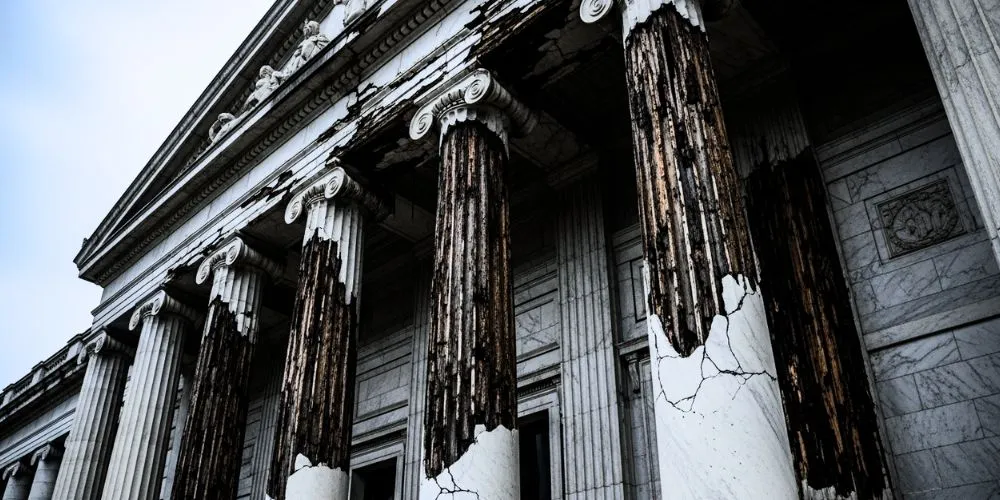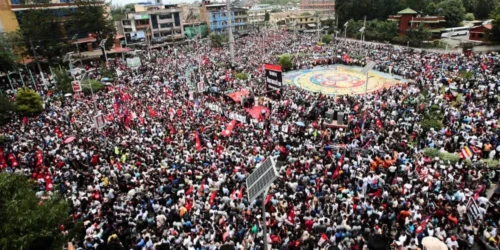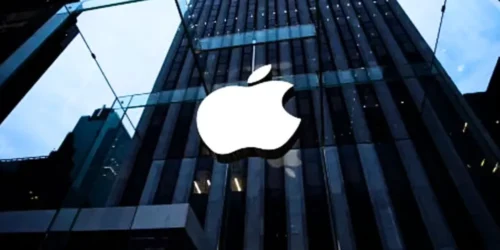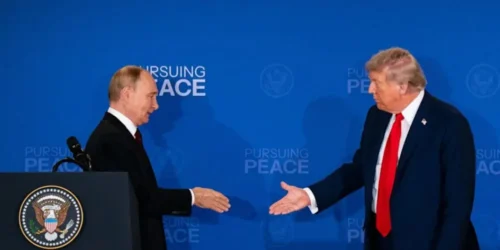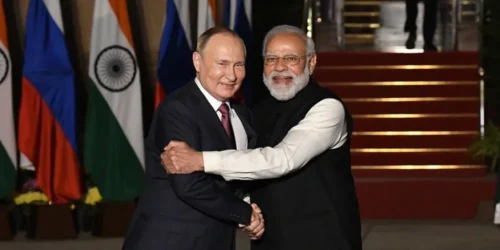Political corruption is a poison. It is a quiet, creeping sickness that, left unchecked, can hollow out the most powerful nations from within. It is not merely a matter of a few greedy officials taking bribes; it is a systemic disease that rots the foundations of trust, justice, and democracy. When a citizen is forced to pay a bribe to obtain a business permit, when public contracts are awarded to political cronies rather than the most qualified bidder, or when laws are sold to the highest bidder, the very legitimacy of the state begins to crumble. This analysis will dissect the anatomy of political corruption, exploring its various forms, the devastating consequences it unleashes on society, and the difficult, ongoing struggle to combat this ancient scourge.
The Many Faces of Corruption
Corruption is not a monolithic crime. It manifests in a spectrum of behaviors, from petty abuses of power to sophisticated schemes that can siphon billions from public coffers. Understanding its different forms is the first step toward diagnosing and fighting it.
Petty vs. Grand Corruption: A Matter of Scale
Petty corruption is the everyday, street-level abuse of power that many citizens in affected countries experience directly. It’s the traffic cop demanding a small bribe to ignore an infraction, the clerk requiring an “expediting fee” to process a routine document, or the teacher demanding payment for good grades. While the individual amounts may be small, their cumulative effect is corrosive, breeding cynicism and normalizing illegality. In contrast, grand corruption involves the political elite at the highest levels of government. This is the world of multi-million dollar kickbacks for government contracts, the looting of state-owned enterprises, and the creation of laws designed to benefit a select few.
Bribery, Embezzlement, and Nepotism: The Unholy Trinity
These three are the classic pillars of corruption. Bribery is the act of offering or accepting something of value in exchange for an official action. Embezzlement is the outright theft of public funds by those entrusted to manage them. Nepotism and cronyism involve appointing friends, family, or political allies to positions of power, regardless of their qualifications. This not only leads to incompetent governance but also creates a network of loyalty based on personal relationships rather than public duty, making the system even more resistant to reform.
State Capture: When the Corrupt Become the State
This is the most advanced and dangerous form of systemic corruption. State capture occurs when private interests, through illicit means, effectively buy control over the state’s decision-making apparatus. It goes beyond bribing a single official for a single favor. Instead, corrupt actors gain control over legislatures, courts, regulatory agencies, and even law enforcement. They can then shape laws, regulations, and judicial rulings to serve their interests, essentially privatizing the state’s power and making the entire system an engine for their enrichment.
The Devastating Cascade of Consequences
The cost of corruption is not just the money that is stolen; it also encompasses the broader impact on society. It is a cascade of devastating social, economic, and political consequences that can cripple a nation’s development and destroy the lives of its citizens.
The Erosion of Public Trust
Perhaps the most insidious damage corruption inflicts is the erosion of trust. When citizens see their leaders enriching themselves while public services deteriorate, they lose faith in government, in their institutions, and one another. This deep-seated cynicism makes collective action impossible. Why pay taxes if you believe the money will just be stolen? Why follow the law if you believe the powerful are above it? This breakdown of the social contract is the first step toward state failure.
A Brake on Economic Development
Corruption is a significant hindrance to economic growth. It scares away legitimate foreign investment, as companies are unwilling to operate in an environment where the rules are constantly changing and bribes are a necessary cost of doing business. It distorts public spending, as funds are diverted to “white elephant” projects that offer lucrative kickback opportunities rather than to essential services like education and healthcare. It also stifles entrepreneurship, as small business owners are unable to compete with politically connected firms that can often ignore regulations and secure contracts through illicit means.
The Betrayal of Justice and Security
When corruption infiltrates the justice system and law enforcement, the rule of law is compromised. Police officers who can be bribed will not protect citizens from crime. Prosecutors who take orders from political bosses are unlikely to pursue those in power. Judges who sell their verdicts will not deliver justice. This creates a climate of impunity where the wealthy and well-connected can act without fear of consequences, while the poor and marginalized are left with no protection. This same dynamic can cripple a nation’s security, as military procurement contracts can be awarded for faulty equipment, and border officials can be bribed to look the other way.
The Root Causes and Enabling Factors
Corruption does not arise in a vacuum. It thrives in specific environments where accountability is weak, transparency is lacking, and opportunities are plentiful.
The Curse of Opaque Institutions
Corruption flourishes in the dark. When government budgets are secret, when procurement processes are opaque, and when the assets of public officials are hidden from public view, the opportunities for illicit enrichment multiply. A lack of transparency makes it incredibly difficult for journalists, civil society, and even other parts of the government to detect and expose corrupt activities. This is why a free and independent press is one of the most powerful tools a society can have to combat corruption.
Weak Rule of Law and Impunity
If there is little risk of being caught and even less risk of being punished, corruption will inevitably spread. Countries with weak, underfunded, and politically compromised judicial systems are often unable to effectively prosecute complex corruption cases, particularly those involving high-level officials. This culture of impunity sends a clear message to everyone in the system: corruption is a low-risk, high-reward activity. Breaking this cycle requires independent and empowered anti-corruption agencies and courts.
The Global Fight Against a Global Scourge
Combating corruption is a long, arduous struggle that requires a multi-pronged approach, involving international cooperation, domestic reform, and the empowerment of citizens.
The Role of International Cooperation
Corruption is now a transnational problem. Corrupt officials often use the global financial system to launder their ill-gotten gains, hiding them in shell companies and secret bank accounts in offshore jurisdictions. Combating this requires strong international cooperation, including mutual legal assistance treaties to share evidence, asset recovery initiatives to track and repatriate stolen funds, and sanctions against corrupt foreign officials (also known as kleptocrats) to prevent them from traveling and accessing their wealth.
Empowering Civil Society and a Free Press
Governments alone cannot win the fight against corruption. An active and empowered civil society is essential. Non-governmental organizations (NGOs) can monitor government activities, conduct independent investigations, and advocate for anti-corruption reforms. Investigative journalists play a heroic role in exposing scandals and holding the powerful to account, often at great personal risk. Protecting and supporting these actors is a critical component of any successful anti-corruption strategy.
Leveraging Technology for Transparency
Technology can be a powerful tool for increasing transparency and reducing opportunities for corruption. Moving government services online can reduce the need for face-to-face interactions, where petty bribery is often a concern. Making government data on budgets, contracts, and company ownership publicly available in open, machine-readable formats allows journalists and civil society to “follow the money.” Digital payment systems can also create a clear audit trail, making embezzlement more difficult to conceal.
Conclusion
Political corruption is more than a crime; it is a fundamental betrayal of the public trust and a direct assault on the principles of democratic governance. It drains national wealth, obstructs development, denies justice to the vulnerable, and hollows out the very institutions that are meant to serve and protect the public. The fight against it is a perpetual struggle that requires unwavering political will, robust and independent institutions, an empowered and vigilant citizenry, and international solidarity. It is a battle for the soul of the state itself, a fight to ensure that government serves the many, not the few.

